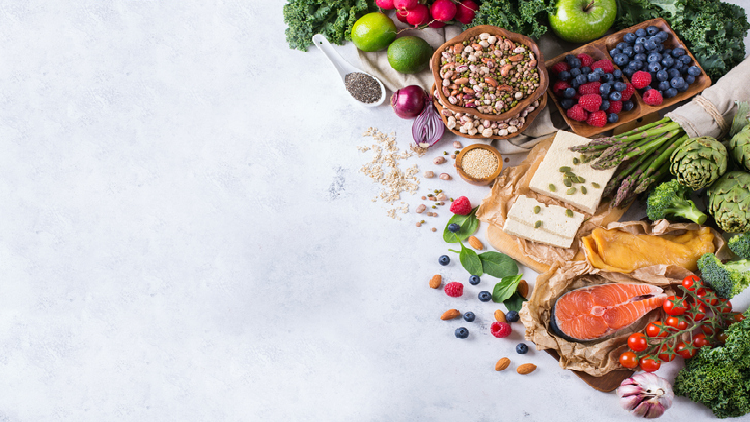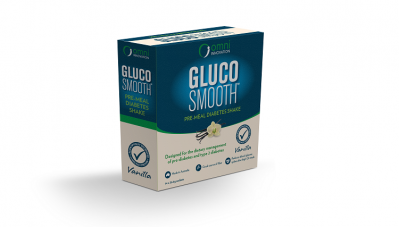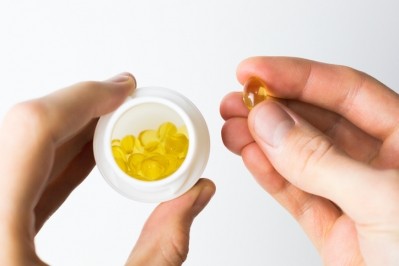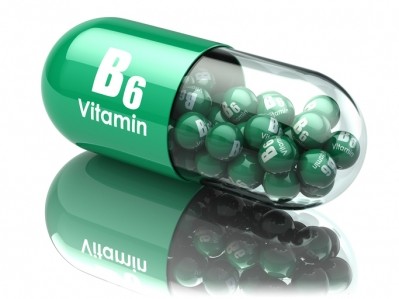COVID-19: China experts advise supplementation of omega-3, protein, polyphenols in patients

The expert panel from China Nutrition and Health Food Association (CNHFA) and the Chinese Society of Parenteral and Enteral Nutrition (CSPEN), under the Chinese Medical Association, and China Anti-cancer Association, recently released a set of nutrition recommendations.
Some of the fatal causes of COVID-19, according to the experts, are hypermetabolism organ failure complex and cytokine storm.
This means that maintaining a stable metabolism and regulating inflammatory responses are critical.
To this end, the panel had advised increasing the intake of protein, branched chain amino acids (BCAAs), omega-3 fatty acids, polyphenols, and probiotics under different conditions.
The following is the list of nutrition recommendation from the panel.
Enteral and parenteral nutrition
The experts believe that enteral nutrition could be implemented in most COVID-19 patients, since the prevalence of digestive malfunction is low, with the rate of diarrhoea and vomiting at 3.7 percent and 5% respectively.
They said that early enteral nutrition (EEN) could regulate the balance of TH17/Treg cells, suppress IL-23/IL-17 axis, overall, this could lower the rate of complication from infections in patients.
The EEN given is protein or amino acids based, depending on the conditions of each patient.
It could start with the supplementation of peptides to whole protein, while those with problems absorbing nutrients could be given peptides or amino acids instead.
More benefits are reaped when EEN is administered within 48 hours of admission into ICU.
When severely ill patients’ intake of calories and proteins is lower than 60% of the recommended level, oral nutrition supplements could be given.
Diabetics could be administered Foods for Special Medical Purposes (FSMPs) specially for their diabetic condition instead.
However, patients facing problems such as shock, hypoxaemia, acidosis, problems with upper digestive tract should be given EEN at a later time.
The experts added that enteral nutrition is often not sufficient and pose a high risk of malnutrition.
As such, a combination of enteral and parenteral nutrition could reduce complications from infection.
They said that supplemental parenteral nutrition (SPN) should be introduced as soon as possible when enteral nutrition could not provide 60% of the recommended calories and protein needs within 48 to 72 hours.
The SPN should increase fats, amino acids ratio, omega-3 and omega-9 amino acids, as well as reduce the proportion of glucose.
Omega-3 could suppress the production of inflammatory cytokines, reduce the level of triglycerides, in turn improve liver function and reduce complications, as well as the stay in hospital and ICU.
Lung care
Citing findings from pulmonologist Zhong Nan Shan, lung infection and acute respiratory distress syndrome (ARDS) are the two most common complications.
The principle to treating ARDS is to suppress catabolism, excessive inflammatory responses and reduce metabolic burden.
An enteral nutrition regime of less than 600kcal per day within 48 hours of hospital admission could significantly reduce the duration of mechanical ventilation and ICU stay in patients suffering from septic shock.
The oral intake of BCAA of 14.4g for consecutively two days could increase respiratory quotient, doing so for 30 days could significantly increase hand grip.
In addition, supplementing omega-3 fatty acids could improve the ratio of partial pressure of oxygen / fraction of inspired oxygen (PaO2/FiO2) in ARDS patients. This could in turn lower the duration on mechanical ventilation and ICU stay.
Hypertension and diabetes care
Hypertension and diabetics are the two major comorbidities, according to Zhong Nan Shan’s team.
Nutrition for severely ill COVID-19 patients with hypertension includes stopping diets that could raise blood pressure, increase the intake of plants, supplementing calcium, magnesium, potassium, folic acid, and vitamin D.
At the same time, they should lower the intake of homocysteine and sodium.
On the other hand, the panel said it was crucial to maintain a stable blood glucose level.
For ICU patients, their blood glucose level should be maintained at 7.8 to 11.1 mmol/L and no less than 7.8mmol/L with the use of insulin.
Nutrition low in sugar, high in fats and dietary fibre could better control blood glucose level and reduce the use of insulin and reduce the risk of low blood glucose.
“As there is no specialised anti COVID-19 therapy at the moment, and even if there is one in the future, improving nutrition status, strengthening the immune system has been and will be of utmost important for preventing, treating, and recuperating for (patients suffering from) COVID-19 and all infectious diseases,” the panel concluded.



















